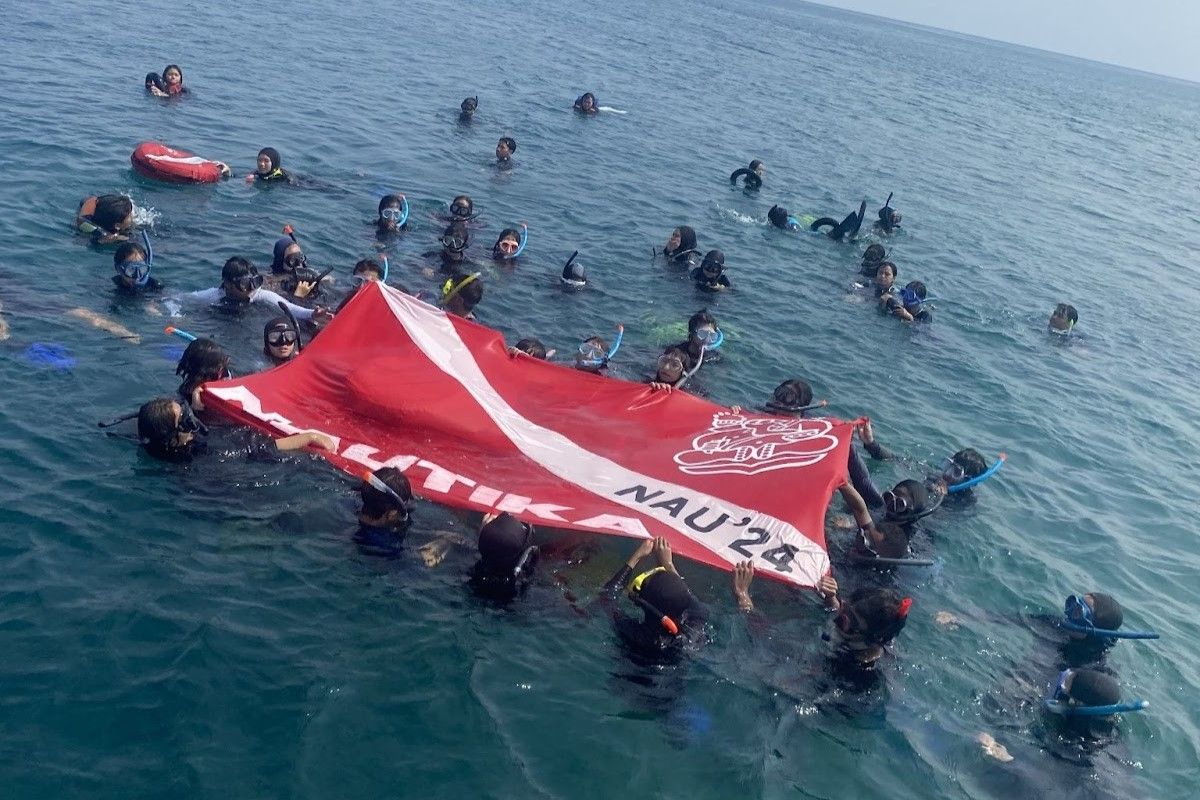Sustainable Strategies in Managing and Utilizing Ecosystem in Conservation Areas
By Adi Permana
Editor Adi Permana

BANDUNG, itb.ac.id – The ITB Biology Study Program from SITH (School of Life Sciences and Technology) held the webinar "Sustainable Strategic Management and Utilization of Ecosystem Services in Conservation Areas" on Friday (25/2/2022). It was presented by the Head of East Nusa Tenggara’s Natural Resources Conservation Center, Ir. Arief Mahmud M.Si.
"An ecosystem is an ecological system formed by an inseparable mutual relationship between living things and their environment," Ir. Arief defined. "Many ecosystems contributed to the livelihoods of living things, including humans."
Ecosystem services can be grouped into four types: provision, regulation, culture, and support. An example of such service is the natural resources and processes provided by ecosystems to humans.
Ecosystems have supplied many resources for humans to use: clean groundwater; fiber from forestry, marine, and agricultural products; food from marine and agricultural goods as well as domesticated animals; and fuel from firewood and living beings. Another benefit of ecosystems to Earth is their regulatory functions.

"Climate regulation, water flow control, disaster mitigation, water purification, waste treatment, air quality maintenance, pollination management, and pest or disease control are some to name," Ir. Arief listed the examples. Soil fertility, nutrient cycles, production of primary products, biodiversity, aesthetics, recreation, and residence are also services provided by ecosystems for humans.
To obtain their benefits, the maintenance and preservation of ecosystems must be performed properly. This can be achieved by devising strategic management of utilizing ecosystem services in conservation areas, which is mentioned and regulated in the Law of the Republic of Indonesia Article 5 No. 5 of 1990.
"Strategic management can be done through three activities, starting from the protection of life support systems, preservation of biodiversity and ecosystems, to the sustainable use of natural resources," concluded Ir. Arief.
Concrete plans of strategic management in Indonesia are conducted to preserve the country’s ecosystem, such as designating conservation forests, nature reserves, wildlife reserves, national parks, botanical forest parks, and natural tourist parks.
Reporter: Yoel Enrico Meiliano (Food Engineering, 2020)
Translator: Ruth Nathania (Environmental Engineering, 2019)



.jpg)

.jpg)

